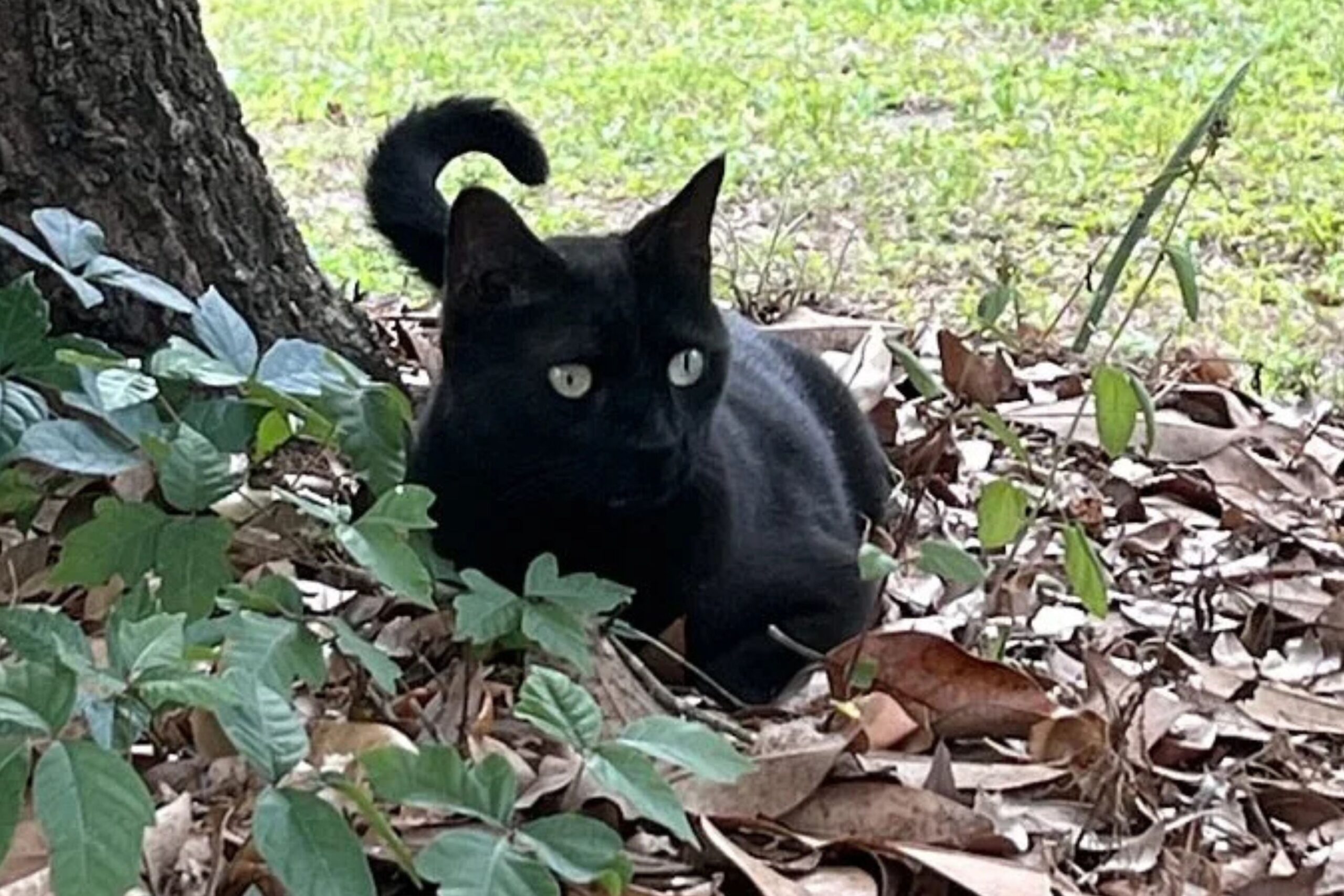
Cat makes yet another scientific discovery
How did your country report this? Share your view in the comments.
Diverging Reports Breakdown
Cat Makes Yet Another Scientific Discovery
A cat named Pepper brought home a dead shrew as a “gift,” which led to a new virus strain. The mouse that Pepper gifted last year led to the discovery of the first jeilongvirus in the United States. Pepper’s latest catch brought in a dead Everglades short-tailed shrew. This time, Lednicky’s testing found that the shrew had a previously unidentified strain of orthoreovirus, which has since been named the Gainesville shrew mammalian orthorovirus type 3 strain UF-1. The effects on humans are not well understood, but there have been rare reports of cases of encephalitis, meningitis and gastroenteritis in children.
Newsweek AI is in beta. Translations may contain inaccuracies—please refer to the original content.
A cat that aided scientists in a virus discovery last year recently put his hunting skills back on display, leading to another identification for researchers: a new strain of orthoreovirus.
John Lednicky, Ph.D., a University of Florida College of Public Health and Health Professions virologist, owns a black domestic shorthair named Pepper. As a hunting fanatic, Pepper enjoys bringing “gifts” to Lednicky.
Cats often present dead animals to their humans as a sign of affection, a vet-reviewed article from Catster reported. Most owners are creeped out, but Lednicky saw it as an opportunity in his ongoing work to understand the mule deerpox virus.
The mouse that Pepper gifted last year led to the discovery of the first jeilongvirus in the United States, Newsweek reported. The virus, named Gainesville rodent jeilongvirus 1, had previously been found only in Africa, Asia, Europe and South America. It appears to infect cells from different species, making it a prime candidate for a spillover event, which happens when a virus jumps from one species to another.
A cat named Pepper brought home a dead shrew as a “gift,” which led to the owner doing research and discovering a new virus strain. A cat named Pepper brought home a dead shrew as a “gift,” which led to the owner doing research and discovering a new virus strain. Courtesy of John Lednicky
Pepper’s latest catch brought in a dead Everglades short-tailed shrew. This time, however, Lednicky’s testing found that the shrew had a previously unidentified strain of orthoreovirus, which has since been named the Gainesville shrew mammalian orthoreovirus type 3 strain UF-1 by the University of Florida research team.
Similar viruses in the group are known to infect humans, white-tailed deer, bats and other mammals, an article from the University of Florida said. The effects on humans are not well understood, but there have been rare reports of the virus being associated with cases of encephalitis, meningitis and gastroenteritis in children.
There is not enough known about the newly identified virus to cause concern yet, the research paper’s lead author, Emily DeRuyter, said. More research is needed to understand their modes of transmission, prevalence in human and animal hosts and how sick they could make us.
“Mammalian orthoreoviruses were originally considered to be ‘orphan’ viruses, present in mammals, including humans, but not associated with diseases,” she said. “More recently, they have been implicated in respiratory, central nervous system and gastrointestinal diseases.”
As for Pepper, Lednicky said that he is showing no signs of illness. His hunting obsession and outdoor adventures will continue, and with his track record, will likely contribute to more scientific discovery.
“This was an opportunistic study,” Lednicky told the university. “If you come across a dead animal, why not test it instead of just burying it? There is a lot of information that can be gained.”
Source: https://www.newsweek.com/cat-helps-owner-make-another-scientific-breakthrough-2097925
